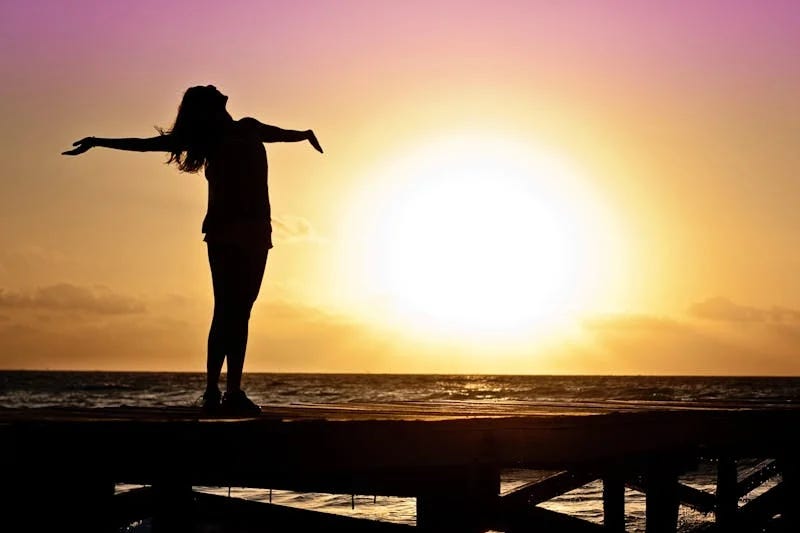Freedom's Just Another Word
A Discussion of the Relationship Between Freedom and Loneliness
“And when nobody wakes you up in the morning, and when nobody waits for you at night, and when you can do whatever you want. What do you call it, freedom or loneliness?”
Everyone likes freedom. The word is universally respected, and countless revolutionaries have died with the word in their mouths.
People fight and struggle for rights, of course. But there are many forms of freedom, and each of us must have some opinion on having it. All the time, we make decisions that determine what role freedom has in our lives.




